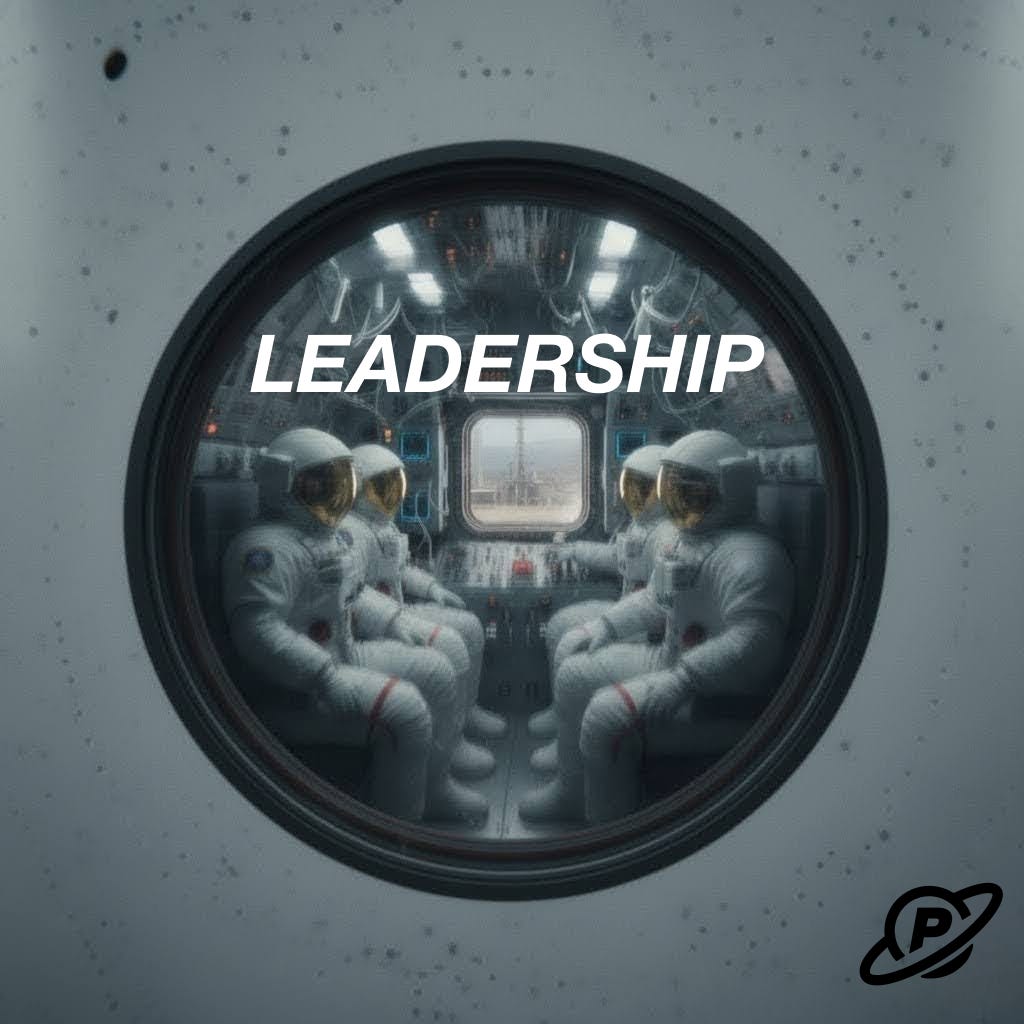High Stakes Leadership: Two Key Rules from Orbit
Leadership when the nearest hospital is days away and there's no escape.
You are with your team members for 24 hours a day. You know them better than your family. Your life directly depends on their skills. But that’s reality for astronauts, not for most of us.
Would you go to live in Space with your current team members?
Can you rely on them fully?
Do you trust them?
The basic NASA requirements are:
a master’s degree in a STEM field (Science, Technology, Engineering, and Mathematics)
3 years of related professional experience obtained after degree completion
a high level of physical fitness
But below these requirements, there is an important note:
Astronaut candidates must also have skills in leadership, teamwork and communications.
I’m not undermining the importance of engineering leadership. However, it’s not quite the high-stakes leadership of astronauts in orbit, where you not only spend 24 hours a day with your team, but their lives depend on your decisions.
Leadership in space gravitates towards two important factors:
Leadership in Orbit:
1. Know Your Team
Astronauts going on a mission don’t meet for the first time on the launchpad. They work together through extensive preparation periods. The goal is to make sure they know each other as well as possible.
Here on Earth, you can organise any kind of team-bonding activities like playing games together, watching conference talks, and having a book club. There are many practical ways to approach it, much easier than going together for a space training camp for months.
Practical tip for keeping a positive mindset, from astronaut Mike Massimino: For each team member, create a “bank of good thoughts” to keep a record of all the good things you know about them, like what you can learn from them or what you have in common. All of this is to make sure that when something goes wrong, you don’t react with anger but instead filter it through good thoughts.
2. Trust Your Team
When we rely on each other tremendously, trust is the deciding factor of success. Being open to exploring different perspectives is key. In space, they might be their only saviours in dangerous situations.
Psychological safety is important. Where the stakes are high, each team member needs to express their ideas to ensure that no options are overlooked. Being open to proposing your own ideas can save lives there.
Practical tip for avoiding blame, from astronaut Cady Coleman: always look for “why and what” to base our judgment on facts and consider why it happened, why the team feels this way, and what can be done about it. It’s not about the person or blaming anyone, but facts.
Here on Earth, being open and admitting mistakes can help build trust, similarly to what needs to be done in orbit:
Summary
You may think of astronauts as scientists combined with athletes. But actually, one of the important requirements is proficient leadership skills.
Leadership is the art of influencing human behaviour to accomplish a mission in the manner desired by the leader.
— Chris Hadfield (Canadian astronaut)
You don’t need to go to space to be a great leader. Know your team and trust them. No need for leaving our planet.
Thanks for reading!
— Michał
P.S. It’s a refreshed version of an article from March 2024, with updated perspectives and writing, when the newsletter was read by 218 people. It’s plus 2k now, thanks for subscribing! It means a lot.
Post Notes
Discover Weekly — Shoutouts
Great articles which I’ve read recently:
How to train your team to say “I was wrong” without drama by Simone D'Amico
The Biggest Mistake I Made as a Beginner Solopreneur by Orel Zilberman
Build your engineering team like a dungeon party by Anton Zaides
Connect
LinkedIn | Substack DM | Mentoring | X | Bsky



